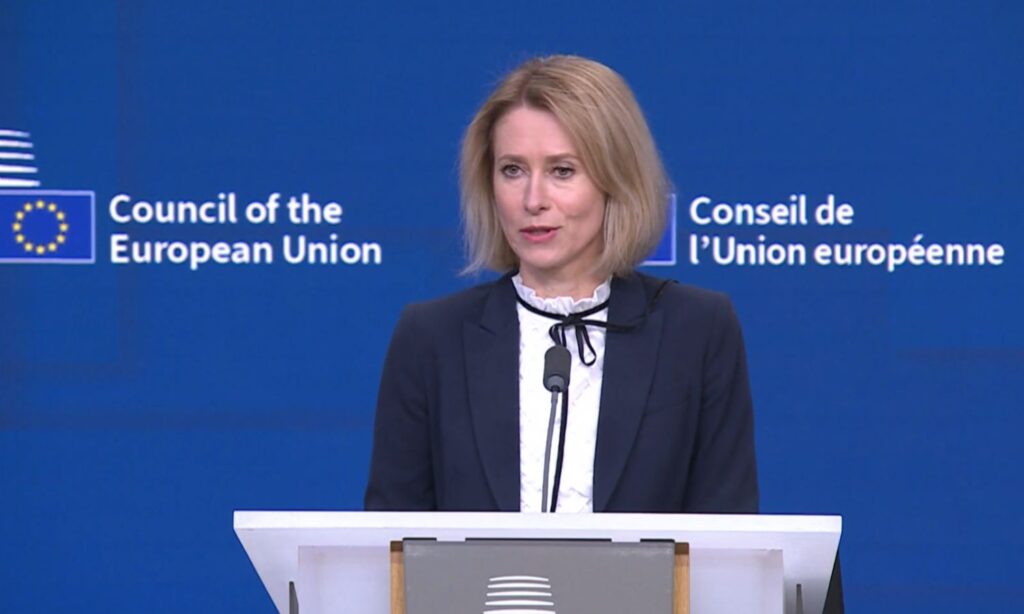The European Union has announced the suspension of sanctions on the oil and transportation sectors, the removal of five entities from asset freeze listings, and the provision of financial and humanitarian exemptions.
This decision was made during a session of the EU today, February 24, and included the suspension of sanctions on the transportation and energy sectors, including oil, gas, and electricity.
The EU also removed five entities subject to asset freezes from its sanctions lists: the Industrial Bank, the Popular Credit Bank, the Saving Bank, the Agricultural Cooperative Bank, and Syrian Arab Airlines, allowing the provision of funds and economic resources to the Central Bank of Syria (CBS).
The EU has granted some exemptions related to the prohibition on establishing banking relations between Syrian banks and financial institutions within the territories of member states.
This was justified to allow transactions related to the energy and transportation sectors, as well as transactions necessary for humanitarian purposes and reconstruction.
The EU also announced the indefinite extension of existing humanitarian exemptions and granted an exemption for personal use related to the ban on exporting luxury goods to Syria.
The Council of the European Union will continue its work today, studying the possibility of suspending more economic sanctions and closely monitoring the situation in the country to ensure the suspension can be maintained.
On another front, the EU has maintained sanctions related to the Assad regime, linked to equipment for internal repression, such as chemical weapons and dual-use goods, monitoring and surveillance programs, and the import and export of Syrian cultural heritage items.
The EU stated that it has used the restrictive measures imposed as a tool against the Assad regime, responsible for the “violent repression of the Syrian civilian population.”
In its statement, the EU added that the fall of the Assad regime represents the beginning of a new era of hope for the Syrian people, and all Syrians, both in the country and in the diaspora, should have the opportunity to participate in the rebuilding of their homeland.
Reuters reported on February 19 that the EU decided to suspend a number of restrictive measures “in the areas of energy, transport, and reconstruction, in addition to facilitating financial and banking transactions related to them.”
The draft declaration also stipulates the indefinite extension of humanitarian exemptions to ensure continued humanitarian aid access.
This leak of the draft comes after Bloomberg reported on February 7, citing unnamed sources, that the EU intends to remove Syrian banks from the sanctions list and partially lift some restrictions imposed on the Central Bank of Syria to allow for the necessary funds to be provided.
The new Syrian government is calling for the lifting of European and American sanctions imposed on the country following the decision to suspend some restrictive measures for one year.
The Syrian Foreign Ministry stated on January 27 that the suspension of sanctions on key sectors in Syria is a positive step that “we warmly welcome.”
It also considered this a pathway to economic recovery, improved access to essential services, and the promotion of long-term stability in the region.

